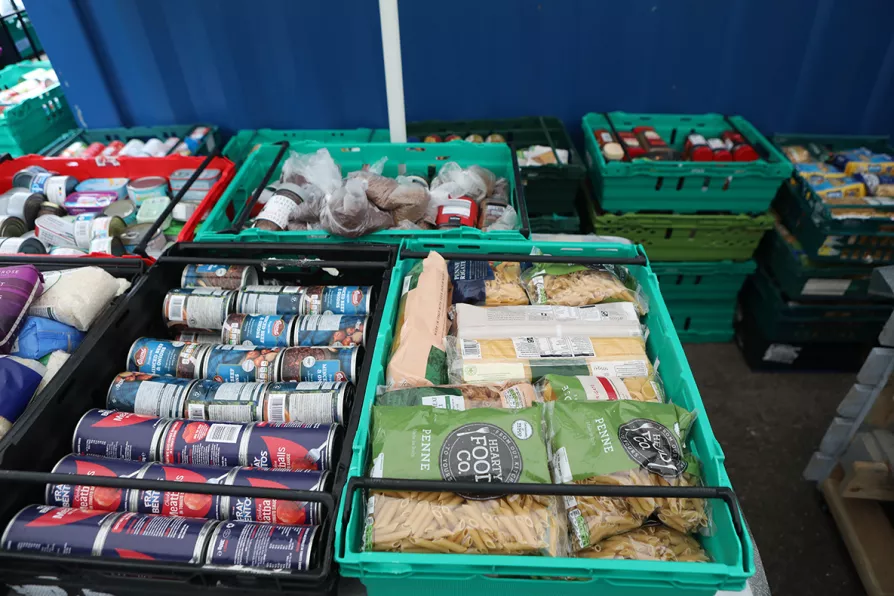This weekend, the NEU holds a special conference to debate changing its approach to organising teaching assistants, which a 2017 TUC agreement forbids. General secretary DANIEL KEBEDE outlines the choices before delegates

 Food laid out in crates at a food bank in north London
Food laid out in crates at a food bank in north London
THIS week the Bakers, Food and Allied Workers’ Union (BFAWU) published a report that calls for the right to food for every citizen, every worker, every child across Britain.
In this report we wanted to give voice to our members. We wanted to hear from them their experiences and whether food workers were themselves feeling “food insecure” and suffering from food poverty.
The findings are shocking. Many of our members in the food industry — the forgotten key workers, the very people who kept us all fed during the pandemic — are struggling to feed themselves and their families. And the reason is simple: endemic low pay.

We cannot refuse to abolish the unjustifiable two-child benefit cap that pushes children into poverty while finding billions of pounds for defence spending — the membership and the public expect better from Labour, writes JON TRICKETT MP













